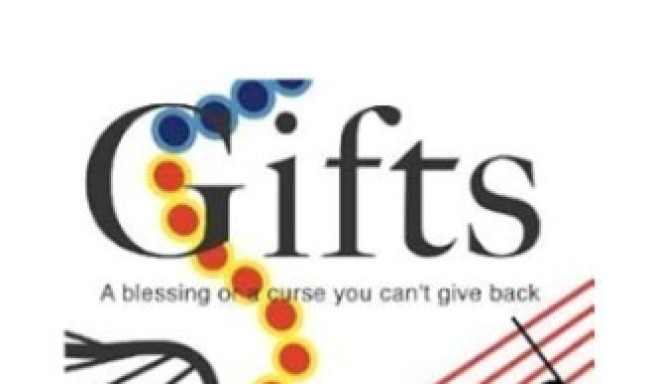Charles Sabine talks us through the highlights from the CHDI conference that took place between 24 - 27 February 2025.
uniQure showed an exciting result. They gained approval to use the composite Unified Huntington's Disease Rating Scale (cUHDRS), which measures motor symptoms and cognition, as an endpoint for their AMT-130 study. It showed that after two years of treatment, where a person would have progressed in the disease by one point on the cUHDRS scale, they only progressed by 0.2 which proves to have slowed the progression down.
Anything that is slowing down the progression of the disease is revolutionary. - Charles Sabine
Wave Life Sciences had a great year where they demonstrated 46% lowering in the mutant Huntingtin gene (mHTT) without lowering the healthy protein. Plans are in motion with a phase 2/3 WVE-003 study and they expect to be submitting an Investigational New Drug (IND) application towards the end of 2025. Paul Bolno, Wave Life Sciences says:
The impact of getting involved earlier in a study...whether it's in a therapeutic study or a natural history study, just participating in research in general, accelerates the pace at which we can develop new medicine. Engagement of the community, engagement of younger people, it's critical.
The feels like there is promise on the horizon with somatic expansion which is slightly newer to the Huntington's research field.
Charles spoke to Harvard Professor, Steve McCarrol about a study looking at the steps that determine the disease progression. They are looking at why people are healthy for a large number of before symptoms begin. Research over the years has shown that the length of the inherited CAG repeat is unstable. They have found out that over the course of someones life, that repeat is getting longer which is somatic instability and this is what they are working on to understand further.
This year's event really focused on the importance of taking part in research. This will help researchers gain a greater understanding of disease progression in order to find a treatment that could slow this down, eventually to the point where Huntington's symptoms don't progress in a person's lifetime. Joining research initiatives such as Enroll-HD is a great place to start.
It's really been a testament to the community and patients and families helping us get to this stage. - Peter McColgan, Roche
You can watch the full video below.




